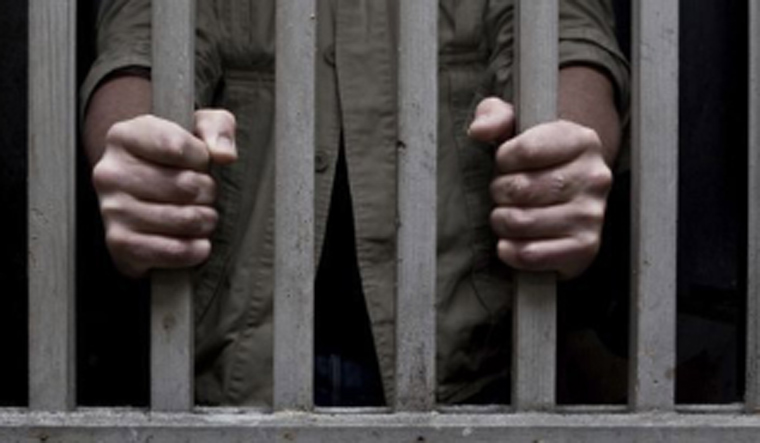The government is all set to grant special remission to specific categories of convicted prisoners as a homage to Mahatma Gandhi whose 150th birth anniversary will be celebrated in the country from October 2, 2018 to October 2, 2020. The remission will be granted to those who have consistently maintained good conduct during their term in prisons.
The Union home ministry on Monday said that the move is a tribute to the humanitarian values Mahatma Gandhi stood for. The ministry has asked all states and Union Territories to constitute a state level committee to examine cases of eligible prisoners fulfilling these conditions.
The prisoners shall be considered for special remission and released in three phases—phase I on October 2 this year, phase II on April 6, 2019 and phase III on October, 2 2019. The cut-off date for consideration of the cases of eligible prisoners for Phase-I would be October 1 and for Phase-II, April 5, 2019 and for Phase-III, October 1, 2019.
According to the home ministry, six categories of prisoners who have consistently maintained overall good conduct will be eligible for special remission. The first category is women convicts of 55 years of age and above, who have completed 50 per cent of their actual sentence period (without counting the period of general remission earned by them). The second category is transgender convicts of 55 years of age and above, who have completed 50 per cent of their actual sentence period (without counting the period of general remission earned by them). The third category is male convicts of 60 years of age and above, who have completed 50 per cent of their actual sentence period. Another category is physically challenged convicts with 70 per cent disability and more (duly certified by a Medical Board) who have completed 50 per cent of their actual sentence period. The last two categories are terminally ill convicts (duly certified by a medical board) and convicted prisoners who have completed two-third (66 per cent) of their actual sentence period.
Though ''prison'' is a state subject, the MHA provides assistance to states on various aspects of reformation and rehabilitation of offenders, which is the ultimate objective of prison administration. The ministry has meanwhile drawn up a list of those convicts who will not be granted special remission. On top of this red list are convicts who have been sentenced to death or whose death sentence has been commuted to life imprisonment.
It will also not be applicable for cases of convicts involved in terrorist activities or persons convicted under Terrorist and Disruptive Activities (Prevention) Act, 1985 (TADA), The Prevention of Terrorism Act, 2002 (POTA), Unlawful Activities (Prevention) Act, 1967 (UAPA), The Explosive Substances Act, 1908, The National Security Act, 1982 (NSA), Official Secrets Act, 1923 and Anti-Hijacking Act, 2016.
Special remission will not be granted also in cases of prisoners convicted for dowry death or counterfeiting currency notes (FICN) and those convicted for the offence of rape, human trafficking and the Protection of Children from Sexual Offences Act, 2012 (POCSO) or Immoral Traffic (Prevention) Act, 1956.
Economic offenders also cannot be granted remission if they are booked under Prevention of Money Laundering Act, 2002, Foreign Exchange Management Act, 1999 (FEMA), and Black Money (Undisclosed Foreign Income and Assets) and Imposition of Tax Act, 2015.
It is also not applicable in cases of prisoners convicted under the Narcotic Drugs and Psychotropic Substances (NDPS) Act, 1985; Prevention of Corruption Act, 1988;
and other cases where the state governments considers appropriate to exclude.
The state level committees, tasked to draw up the lists of convicts who can be released, will include Additional Chief Secretary or Principal Secretary in-charge of Home Department of the States, member of the Department of Law and Justice and DG/IG Prisons of the States. The primary task of the committee will be to consider and scrutinise all cases and make recommendations to the state government. Then the state government will put up the recommendations before the governor for his approval. The mandate to grant special remission lies with the governor who has been given powers under Article 161 of the Constitution of India, and in case of Jammu and Kashmir under Section 34 of its Constitution. Meanwhile, in cases where approval of the Centre is required, the applications will be sent to the home ministry while cases of release of any foreign national convicts will be reviewed and decided by the Ministry of External Affairs.


